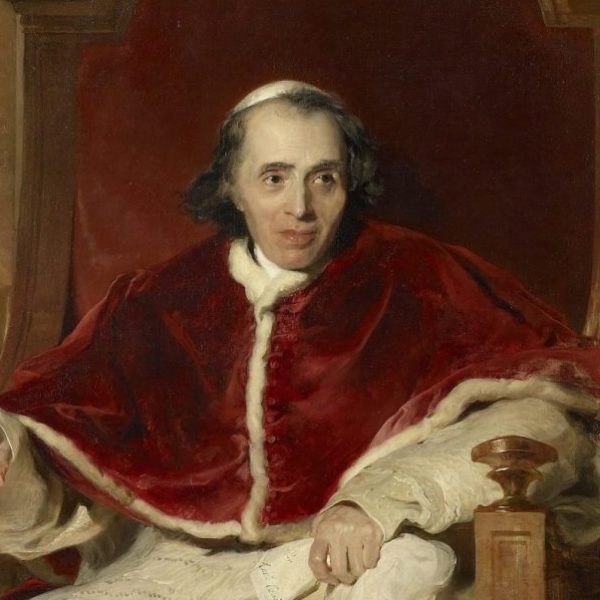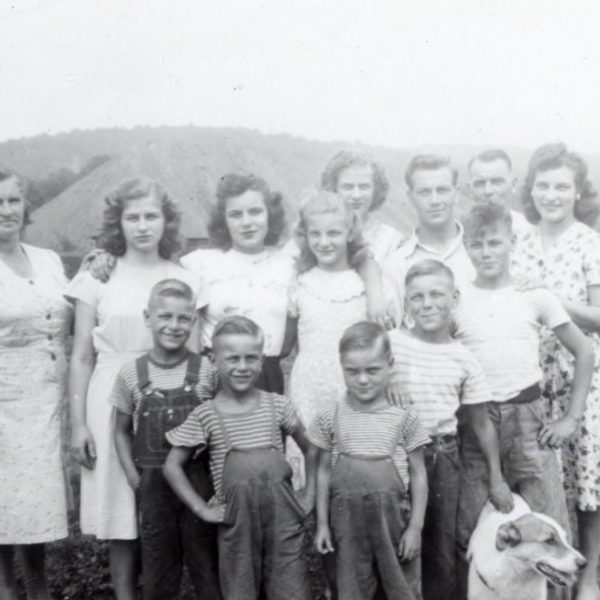Lest We Forget: What Converting Environs Means for Converting Beliefs
Sarah Underwood—
ABC’s series Pan Am, which premiered last fall, follows several beautiful airline stewardesses from the 1960s whose careers are filled with enough to drama to crash a plane. The stewardesses’ lives, which have repeatedly been called “glamorous” by reviewers, create a good platform for addressing contemporary social issues. Meanwhile, author Craig Harline has uncovered a true story about a real Pan Am flight attendant that, although ABC will not be filming it, involves enough drama, secrets, and even glamour to expose many other social problems. Harline’s Conversions: Two Family Stories from the Reformation and Modern America tells the story of Michael Sunbloom, a man who had already horrified his parents with his conversion to Mormonism in 1973 and who later, after falling for another man—a handsome blonde from Switzerland, no less—became a flight attendant in order to be able to visit his lover in Europe. Even after leaving his bartending position on Pan Am flights to move in with his partner, it took a neighbor’s bitter remark to clue in Michael’s mother, once again devastating her.
What could this cosmopolitan from America have in common with a bookish Dutch Jesuit, who in 1694 snuck out his bedroom window and ran away from home on a “borrowed” horse? According to Harline, it was that Michael Sunbloom and Jacob Rolandus grew up in social environments that, although they were not always oppressive, made both young men’s religious and other personal choices impossible until they found a physical escape. Michael had to leave his parents—who had “found the Lord” in various Protestant churches—to take part in Mormonism. Eventually, frightened by his own feelings and his religion’s condemnation of homosexuality, he has to leave his sanctuary and find new friends who will understand him.
 Although Jacob lived hundreds of years before Michael, he, too, knew what it is like when one’s home ceases to be the supportive environment we imagine. Jacob was named after his grandfather, who had been a successful Dutch Reformed preacher. His father Timothy, a not-very-successful Reformed missionary, had every intention that Jacob would carry on the family’s work (successfully). Timothy’s plan went the way of, well, a crashed plane when he moved his family to an originally Catholic town in order to convert the rather unreceptive community. Perhaps influenced by his new Catholic friends, Jacob secretly converted to the religion his father was trying to quash and eventually fled to the more Catholic-friendlyAntwerp. Attempted abductions in order to return Jacob home by his father and relatives ensued.
Although Jacob lived hundreds of years before Michael, he, too, knew what it is like when one’s home ceases to be the supportive environment we imagine. Jacob was named after his grandfather, who had been a successful Dutch Reformed preacher. His father Timothy, a not-very-successful Reformed missionary, had every intention that Jacob would carry on the family’s work (successfully). Timothy’s plan went the way of, well, a crashed plane when he moved his family to an originally Catholic town in order to convert the rather unreceptive community. Perhaps influenced by his new Catholic friends, Jacob secretly converted to the religion his father was trying to quash and eventually fled to the more Catholic-friendlyAntwerp. Attempted abductions in order to return Jacob home by his father and relatives ensued.
Michael and Jacob’s religious conversions may have been reactions to their home situations, but Harline suggests that whatever the cause, their impulses transformed them into sincere believers. Their sincerity only made it harder for them to leave families they consequently thought belonged to false faiths, because neither of them wanted their loved ones to stay in a spiritually dangerous environment. Both would try to achieve the impossible: changing the minds of those whose beliefs had forced them to escape in the first place. What makes Harline’s narratives so gripping is the relative success and failure each man experiences as he tries to bring his conversion home.
Sarah Underwood is a graduate of the College of William and Mary and a former Yale University Press intern. Her column, Lest We Forget, appears on the Yale Press Log.



